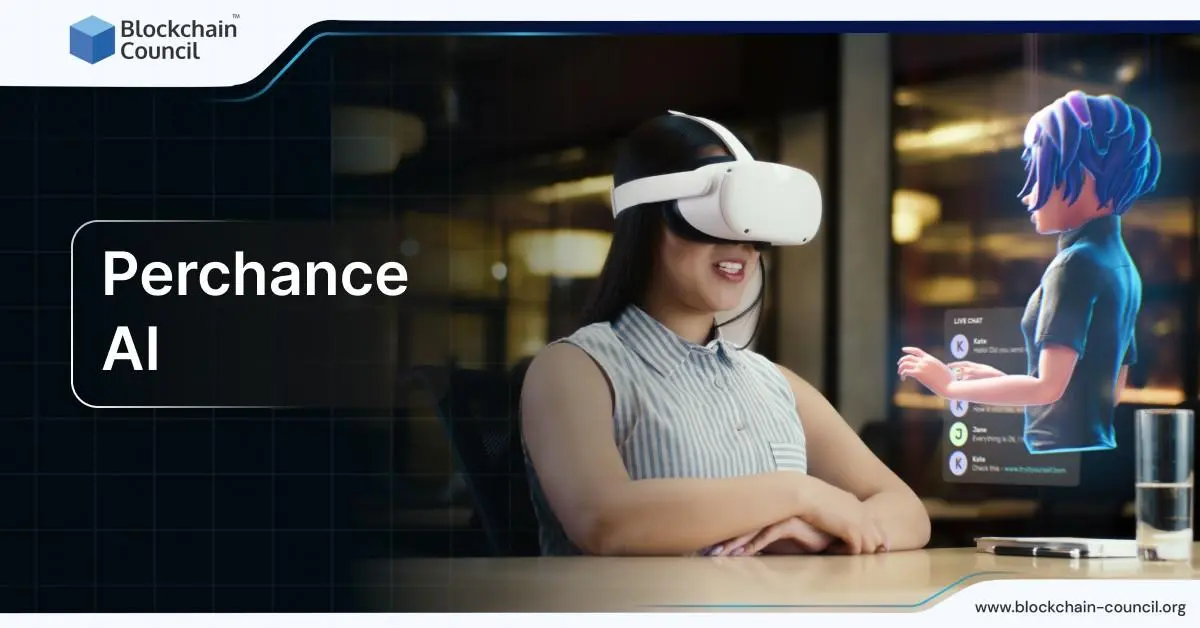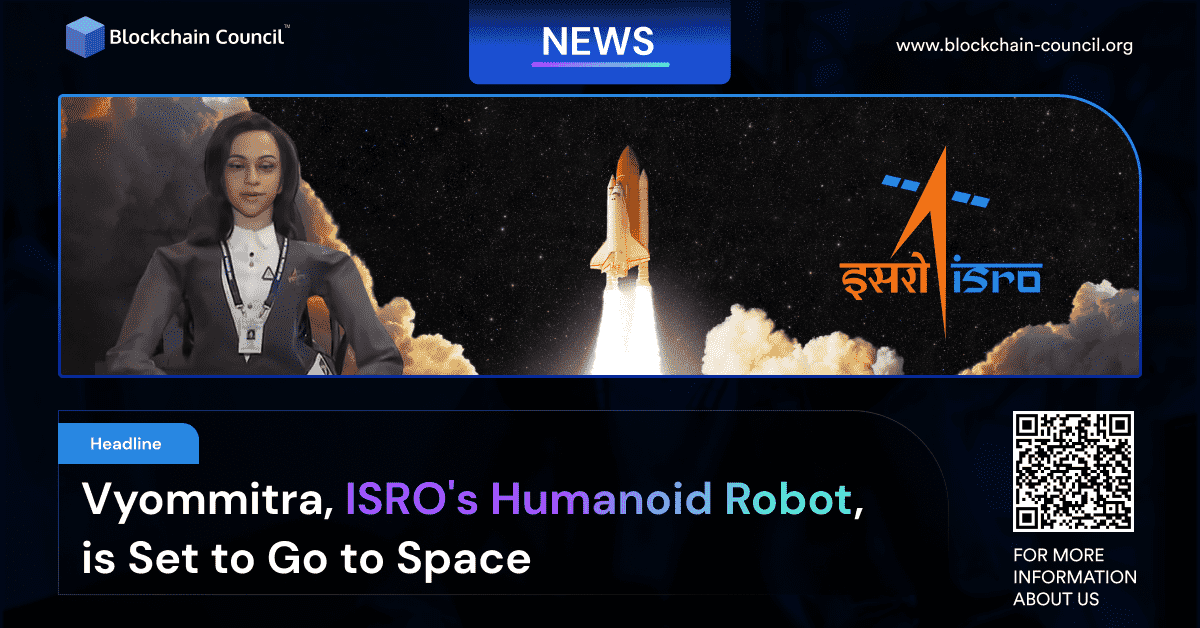
Perchance AI
What is Perchance AI? Perchance AI is an online platform that lets users create various types of content using AI models. Unlike other platforms that

What is Perchance AI? Perchance AI is an online platform that lets users create various types of content using AI models. Unlike other platforms that

What is Vyom Mitra? Vyommitra, the humanoid robot astronaut, is all set to make history as it prepares for an uncrewed test flight later this

Summary Cryptocurrency is a digital asset designed to work as a medium of exchange. It uses cryptography to secure financial transactions and control additional units’

How to Specialize in Blockchain: A Comprehensive Guide Summary Blockchain technology has gained immense popularity and has become a hot topic in the tech industry

Summary Smart contracts are self-executing digital contracts that can automate and enforce the terms of an agreement between two parties. Smart contract development is an

Summary Blockchain engineers design, develop, and maintain Blockchain-based systems. They need a strong background in computer science, mathematics, cryptography, and programming languages such as Java,

How To Become A Blockchain Specialist? Summary A Blockchain specialist implements and maintains Blockchain technology solutions for various industries. They analyze business requirements, design and

Decentralization in Web3: Benefits and Usages Summary Web3 is the third generation of the internet It is based on advanced technologies such as AI, ML,

Top Crypto Acronyms That You Should Know Overview The crypto community is one of the youngest communities in the world, whether in terms of age

Overview Ethers.js is a JavaScript library and toolkit that has proven to be a convenient way to interact with the Ethereum Blockchain for developers. In


Welcome to the Blockchain Council, a collective of forward-thinking Blockchain and Deep Tech enthusiasts dedicated to advancing research, development, and practical applications of Blockchain, AI, and Web3 technologies. Our mission is to foster a collaborative environment where experts from diverse disciplines share their knowledge and promote varied use cases for a technologically advanced world.
Blockchain Council is a private de-facto organization of experts and enthusiasts championing advancements in Blockchain, AI, and Web3 Technologies. To enhance our community’s learning, we conduct frequent webinars, training sessions, seminars, and events and offer certification programs.
To receive Offers & Newsletters
50,000+ Professionals Certified so far by Blockchain Council

Coupon
expires in
Enroll today in any of the popular certifications curated as per the Industry trends.
